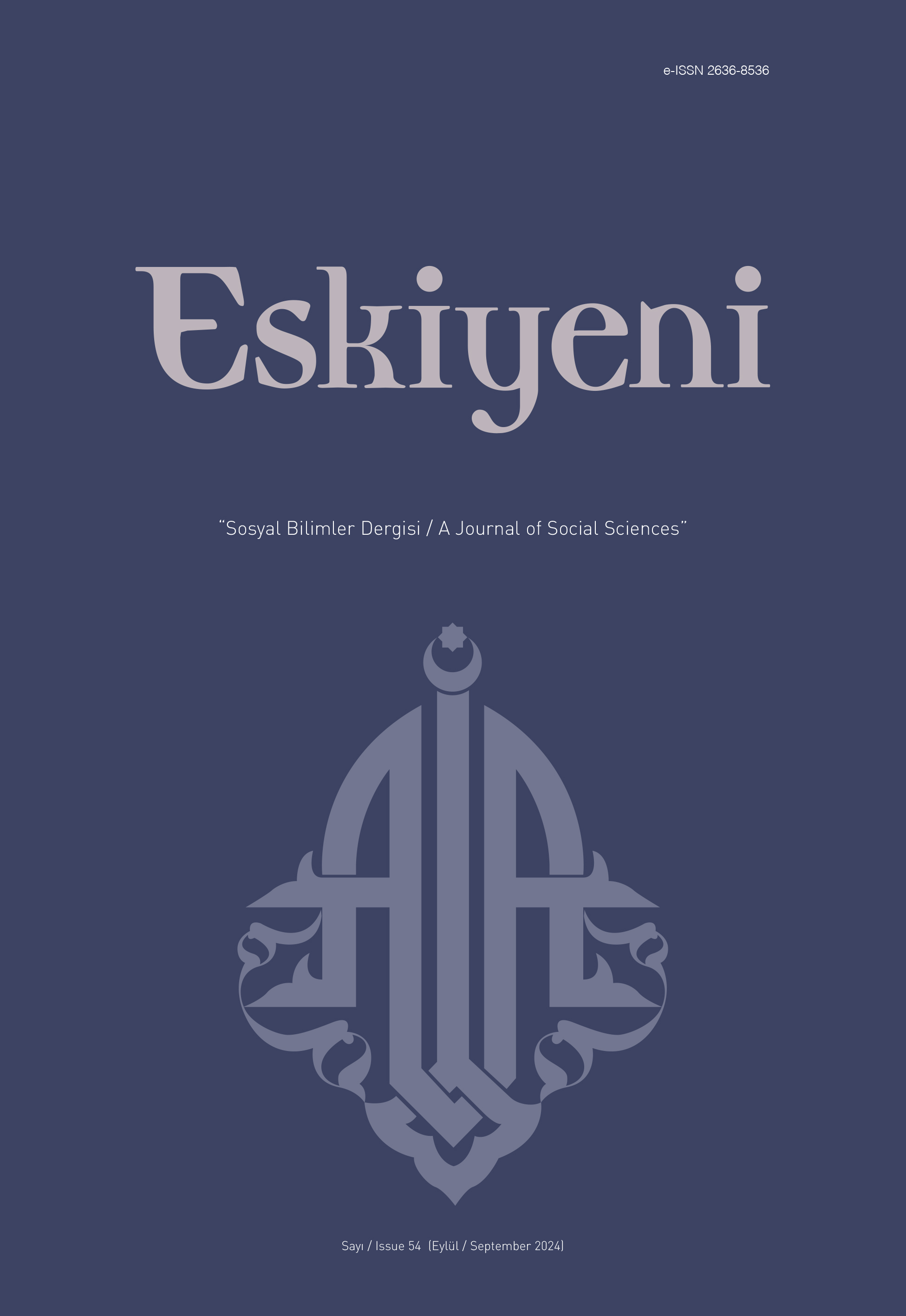Erken Dönem Eş‘arîliğinin Peygamberliğin Devamı/Sona Ermesi Konusunda Kendilerine Yapılan Eleştirilere Karşı Sergilediği Tavır
The Attitude of the Early Ash‘arites Towards the Criticism of the Continuation/End of Prophethood
Author(s): İsa KOÇSubject(s): Theology and Religion, Islam studies, History of Religion
Published by: Anadolu İlahiyat Akademisi
Keywords: History of Islamic Sects; Prophethood; Asharism; Bayhaqī; Hayāt al-anbiyā ba‘da wafātihim;
Summary/Abstract: It is necessary to say that Ash‘arism is one of the sects that attracts attention in the inter-sectarian relationship due to its interaction with different groups. In fact, Ash‘arism is known to have interacted intensively with Māturīdīsm, Hanbalism and Mu‘tazila. Apart from these, it is known that especially in the Khurāsān region, Ash‘arites had an intense oppositional relationship with the Karrāmiyya. It is understood that the Karrāmiyya, Hanbalism, and Zāhirīsm harshly criticized the Ash‘arites’ views on prophethood. In the relationship between Karrāmism and Ash‘arism, the view that “the soul is considered an accident, that the soul of the Prophet Muhammad disappeared with his death, and consequently that his prophethood ended with his death” is one of the issues that came to the fore. It is clear that the ideas of the Ash‘arites on prophethood are important because they were at the center of the debates between the Karrāmites and the Ash‘arites in the Khurāsān region centred on Nīshāpūr for about three centuries. Particularly important representatives of 5/11th century Ash‘arism, such as al-Qushayrī, made an intensive efforts to respond to their interlocutors on the subject. The fact that al-Bayhaqī, one of the representatives of Khurāsān Asharism who lived in the aforementioned century, had to leave the region where he lived in because of the Mihna of Kundurī and that he wrote a detached work on the debate with the Karrāmīs are signs that he was affected by the social consequences of the inter-sectarian struggle. In this respect, al-Bayhaqī’s treatise entitled Hayāt al-anbiyā ba‘da wafātihim has been accepted as a text that should be evaluated within the framework of inter-sectarian relations. In addition, later Ash‘arite scholars such as al-Subkī also expressed their opinions on the subject in their works. Within the framework of the abovementioned reasons, it should be noted that this study, with the historical perspective and the in-dept study of the person and text, focuses on “the debates on the continuation of prophethood after the death of prophets, the criticisms of their opponents against the Ash‘arites and the response of Ash‘arism and al-Bayhaqī in particular”.
Journal: Eskiyeni
- Issue Year: 2024
- Issue No: 54
- Page Range: 1177 -1198
- Page Count: 22
- Language: Turkish

